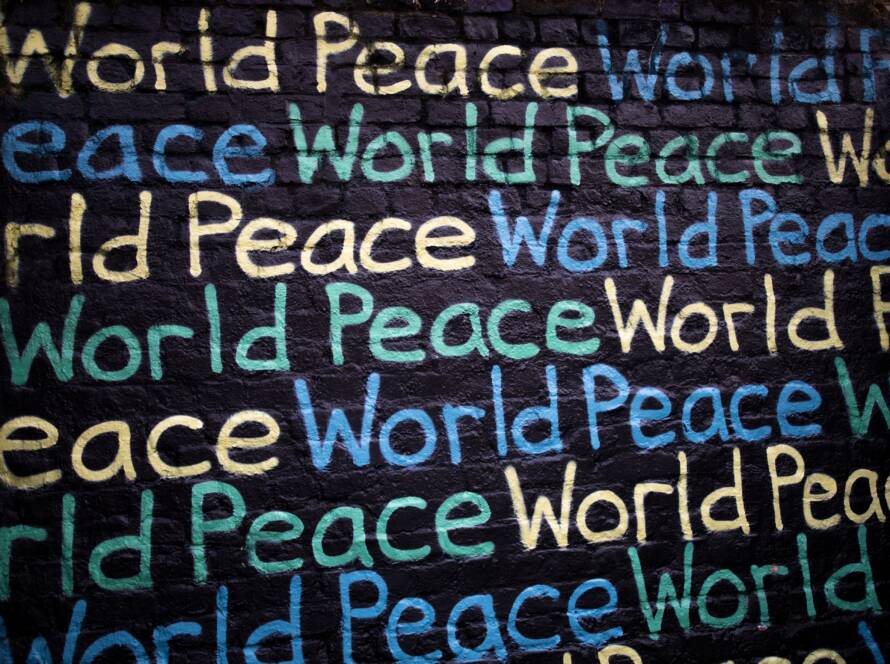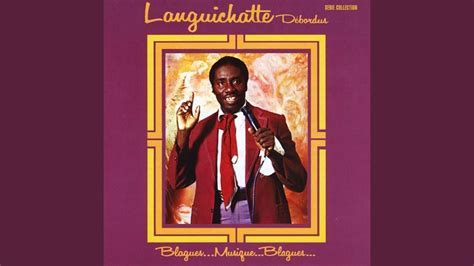The American Dream, a concept ingrained in the very foundation of the United States, promises that everyone, regardless of background, has the opportunity to succeed through hard work and determination. For many Haitian immigrants, the allure of this dream is particularly strong, as they seek to escape the economic and political challenges of their homeland in pursuit of a better life. However, the journey to achieving the American Dream is often fraught with difficulties, particularly for Haitians.
Historical Context of Haitian Immigration to the U.S.
Haiti’s history with the U.S. is complex and dates back to the early 19th century, when Haiti became the first independent Black republic. However, mass immigration waves from Haiti to the United States began in the 1960s, driven by political instability, economic hardship, and natural disasters. The Duvalier dictatorships, coupled with recurring natural calamities like earthquakes and hurricanes, have pushed many Haitians to seek refuge in the U.S.
Today, the Haitian diaspora is well-established in cities like Miami, New York City, and Boston, where Haitian communities thrive and contribute to the rich cultural tapestry of these cities. Despite the significant number of Haitian immigrants, their journey to assimilation and success in the U.S. has been marred by various challenges, both systemic and societal.
The Challenges Faced by Haitian Immigrants
While the United States has long been seen as a land of opportunity, many Haitian immigrants face numerous obstacles in their pursuit of the American Dream. These include, but are not limited to:
1. Economic Hardship
Haitian immigrants often arrive in the U.S. with limited financial resources. Many find themselves working low-paying jobs that offer little room for upward mobility. Despite their willingness to work hard, economic barriers prevent many from moving beyond subsistence-level employment. The dream of homeownership, higher education for their children, and financial security can often feel out of reach.
Moreover, remittances sent back to family members in Haiti further strain the limited income of Haitian households in the U.S. This financial obligation, while rooted in cultural responsibility, can impede Haitian immigrants’ ability to save and invest in their futures in America.
2. Legal and Immigration Barriers
For many Haitian immigrants, obtaining legal residency or citizenship is one of the biggest hurdles. The Temporary Protected Status (TPS) granted to some Haitians after the devastating 2010 earthquake offered temporary relief, but it has been an ongoing point of political debate. The uncertainty surrounding immigration policies often leaves Haitian immigrants in a state of limbo, unable to fully integrate into American society due to fear of deportation or the loss of their legal status.
Additionally, Haitians seeking asylum in the U.S. have faced numerous difficulties navigating the complicated and often bureaucratic U.S. immigration system. The high rate of asylum denials and deportations has further exacerbated the precariousness of Haitian immigrants’ lives in America.
3. Language Barriers
Though many Haitians speak Creole and French, learning English is often a crucial step toward achieving the American Dream. Unfortunately, access to affordable English as a Second Language (ESL) programs is limited, especially in economically disadvantaged areas where many Haitian immigrants reside. This language barrier can hinder job opportunities, limit social integration, and prevent Haitian immigrants from fully participating in American society.
4. Discrimination and Racism
Racial prejudice and xenophobia remain persistent challenges for Haitian immigrants in the U.S. The historical perception of Haitians as impoverished refugees has contributed to negative stereotypes, making it harder for them to integrate and be accepted in American society. Discrimination in the workforce, housing, and education often curtails the progress that Haitian immigrants can make toward their dreams.
The broader societal view of Haitians as a marginalized group often adds to their struggles. However, many Haitians refuse to let these challenges define them, working tirelessly to defy stereotypes and succeed in their adopted homeland.
The Contributions of Haitian Immigrants to American Society
Despite the challenges they face, Haitian immigrants have made significant contributions to American culture, the economy, and social movements. Haitian Americans are known for their resilience, and many have achieved remarkable success in various fields, including business, academia, and the arts.
1. Economic Contributions
Haitian immigrants contribute to the U.S. economy through their hard work in sectors like healthcare, hospitality, and construction. Many Haitian immigrants work as nurses, caregivers, and aides, supporting the country’s healthcare system. Additionally, Haitian-owned businesses are on the rise, particularly in cities with large Haitian populations, boosting local economies and creating jobs.
2. Cultural Impact
The influence of Haitian culture on American society is undeniable, especially in cities like Miami, where the vibrant Haitian community has enriched the local culture with its food, music, and festivals. Haitian Creole, the Haitian language, is also increasingly recognized in educational settings, and Haitian cuisine has grown in popularity, bringing dishes like griot and banan peze to a wider American audience.
The Haitian art scene has also flourished, with Haitian-American artists, musicians, and writers gaining recognition both nationally and internationally. The famous Haitian carnival, “Kanaval”, has been a source of cultural pride and celebration, showcasing the rich traditions of the Haitian people.
3. Political and Social Advocacy
Haitian immigrants have been at the forefront of advocating for immigration reform and human rights, both in the U.S. and Haiti. Organizations like the Haitian-American Grassroots Coalition and Family Action Network Movement have been instrumental in pushing for policies that protect Haitian immigrants and promote social justice. These organizations also work to preserve Haitian heritage and ensure that future generations of Haitian-Americans maintain strong ties to their cultural roots.
Looking Toward the Future: Haitian Immigrants and the American Dream
While the path to achieving the American Dream may be fraught with challenges, many Haitian immigrants continue to persevere. The resilience and determination of the Haitian people have enabled them to overcome incredible odds, and as immigration policies evolve, there is hope that more Haitians will have the opportunity to fully participate in American society.
The American Dream is not a static concept—it evolves with each new generation of immigrants. Haitian-Americans are redefining what it means to succeed in the U.S., blending their rich cultural heritage with their contributions to American life. As more Haitians achieve their goals, they pave the way for future generations to follow in their footsteps.
In conclusion, the journey of Haitian immigrants striving to achieve the American Dream is a testament to their resilience, hard work, and unwavering hope. With continued advocacy for equitable immigration policies and greater social integration, the dream that so many Haitians have chased for decades will continue to come within reach.





